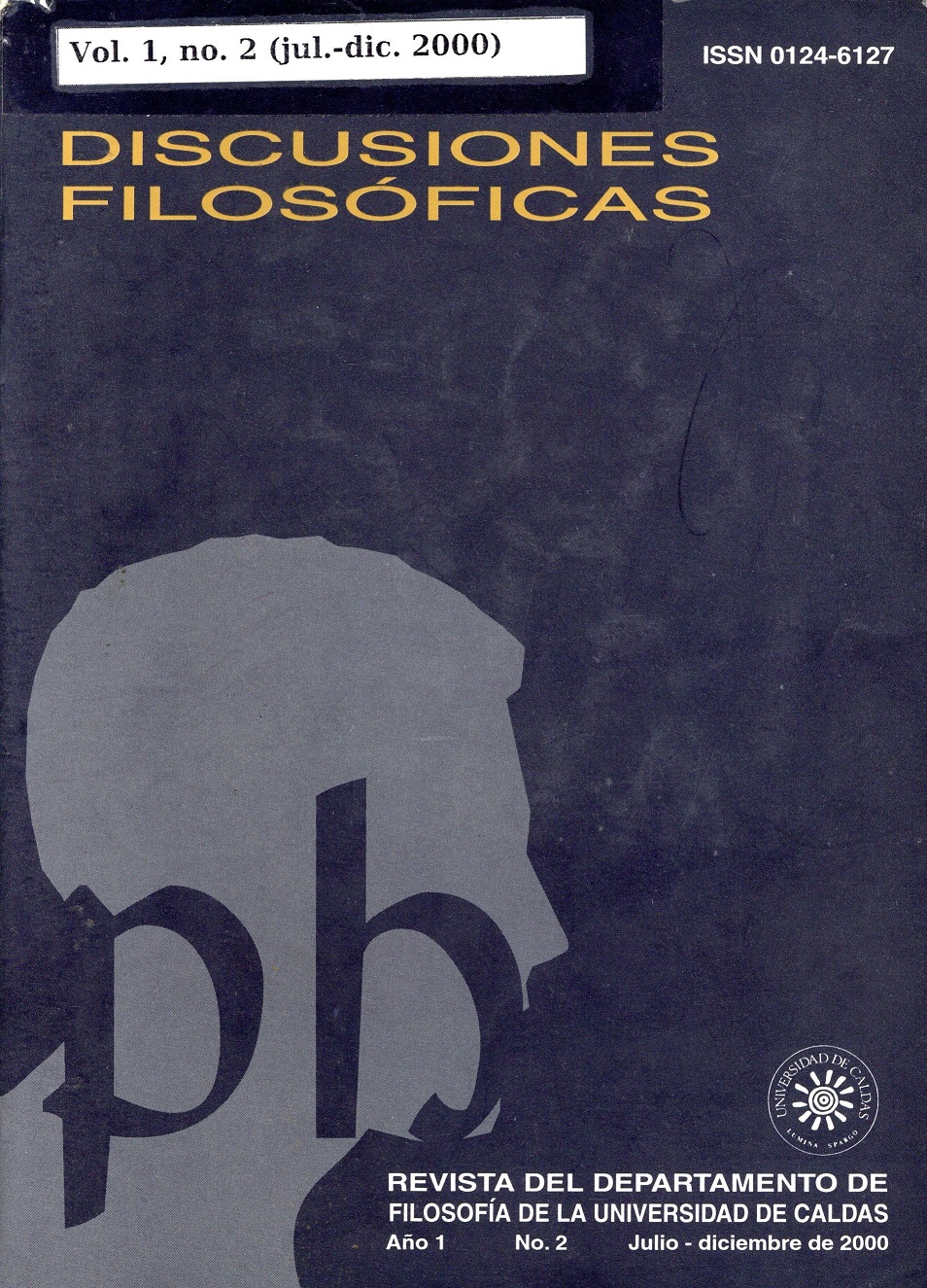Authors
Abstract
The mathematical projection of nature,together with the use of hypothetic-deductive reasoning and of experimental resource, constitute three of the most distinctive features of modern science and, in particular, of mathematical physics. In this work, the three of these features are examined, but mainly that
of mathematical projection which, because of the adoption of a quantitative language and of magnitudes or metrical functions by science— different from the classifying and comparative languages so far used— made the turning of abstract reality into the real object of knowledge possible. Such a projection demands an exact determination of the magnitudes by means of calculation and experiment, so that physics is not mathematical because it makes use ofa certain thematics, e.g. calculus, but because the mathematical projection demands so. In the same way, the consequences that have had and are still having
success —both theoretic, and technical and technological— of the so-called "modernscience'; as well as some of their possible limitations, are inspected.

 PDF (Español)
PDF (Español)
 FLIP
FLIP
























